Food hygiene is important, particularly because not following basic rules can make you seriously ill.

Some foods seem harmless at first glance, but if they’re not stored properly, they can quickly turn into a breeding ground for bacteria. Even a few mouthfuls can have you in the loo for days, and potentially even in the hospital. If you’ve ever been hit with a surprise stomach issue, one of these everyday items could quietly be the culprit.
1. Cooked rice
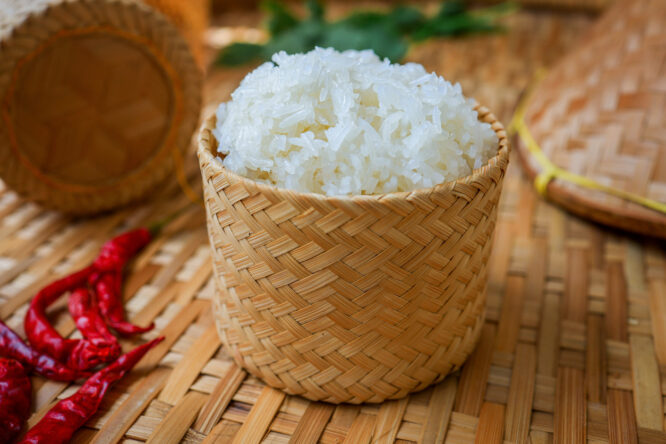
It’s easy to assume leftover rice is safe to reheat and eat, but if it’s left out too long, it can grow a type of bacteria called *Bacillus cereus* that causes food poisoning. This can happen even if it doesn’t look or smell off. To stay safe, cool rice quickly and store it in the fridge within an hour. Never leave it sitting out at room temperature, and always reheat it thoroughly before eating. That seemingly harmless rice bowl can turn nasty fast.
2. Eggs
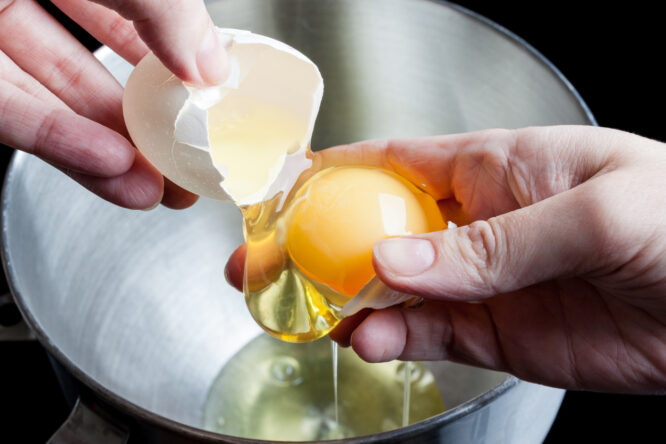
Raw or undercooked eggs can carry salmonella, and even clean-looking shells can harbour bacteria. Leaving eggs out for too long or not storing them in a cold enough fridge ups your risk of getting sick. This is less of a problem in the UK, but it’s still better to be safe than sorry.
Keep eggs stored in their original carton in the coldest part of your fridge—not the door—and be mindful of expiration dates. Don’t rinse them before storage, either—it can remove their protective coating and make them more vulnerable to bacteria.
3. Leafy greens
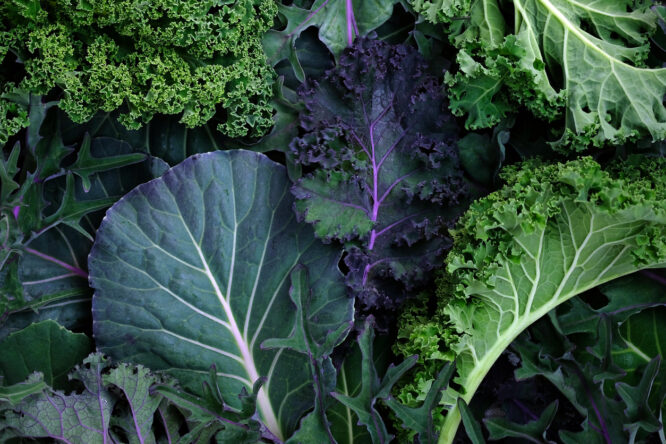
Spinach, romaine, and other leafy greens are notorious for harbouring bacteria if not washed or stored properly. If they’re even slightly slimy or damp in the bag, bacteria can spread quickly and quietly. Store greens in a paper towel-lined container to absorb excess moisture, and wash them just before use, not before storing. Avoid cross-contamination by keeping them away from raw meat or unclean surfaces.
4. Deli meats
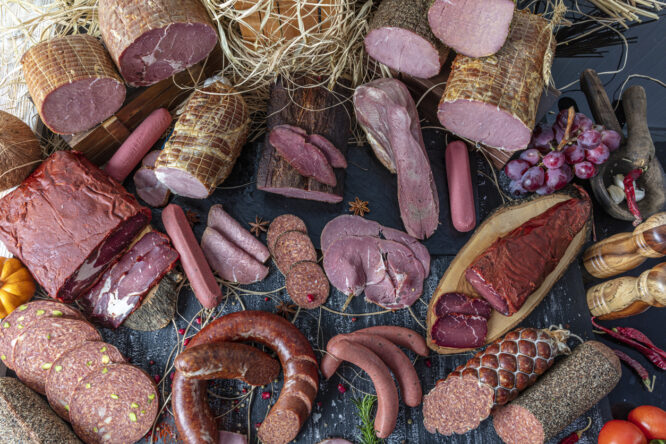
Processed meats like ham, turkey, and salami can contain *Listeria* bacteria if they’re not handled right. Even when refrigerated, they can become dangerous if stored for too long after opening. Always check the “use by” date and eat within a few days once opened. Store them tightly sealed and as cold as possible. That pre-sliced sandwich filler can turn into a stomach nightmare if ignored too long.
5. Cooked pasta

Like rice, cooked pasta left out too long can be a surprise source of food poisoning. Bacteria thrive in starchy environments, especially when cooled slowly or reheated inconsistently. Store cooked pasta in an airtight container in the fridge, ideally within two hours. Don’t just sniff it and assume it’s fine—bad pasta can carry the same bacteria that causes stomach cramps and nausea.
6. Soft cheeses

Cheeses like brie, feta, and Camembert are more prone to contamination due to their moisture content and open texture. If left unrefrigerated or stored poorly, they can grow harmful bacteria quickly. Keep them wrapped properly in the fridge and avoid leaving them out too long during parties or meals. If they develop a strange smell or texture, don’t risk it. Soft cheese can turn fast—and quietly.
7. Leftover takeaway

That leftover curry or pad thai might seem like a treat the next day, but food left in those flimsy containers or forgotten overnight can quickly become risky. The longer it sits out, the more bacteria multiply. Transfer takeout to clean, airtight containers and refrigerate it within an hour or two. If it’s been sitting on the counter all night, it’s better to toss it. Food poisoning from dodgy leftovers isn’t worth the gamble.
8. Fresh berries

Berries like strawberries, raspberries, and blueberries are delicate and spoil quickly if left damp or unwashed. Mould and bacteria can spread fast if they’re stored in sealed containers with too much moisture. Don’t wash them before storing—wait until you’re ready to eat. Store them in breathable containers with a paper towel base to absorb moisture, and check for any mushy or mouldy berries before digging in.
9. Potatoes
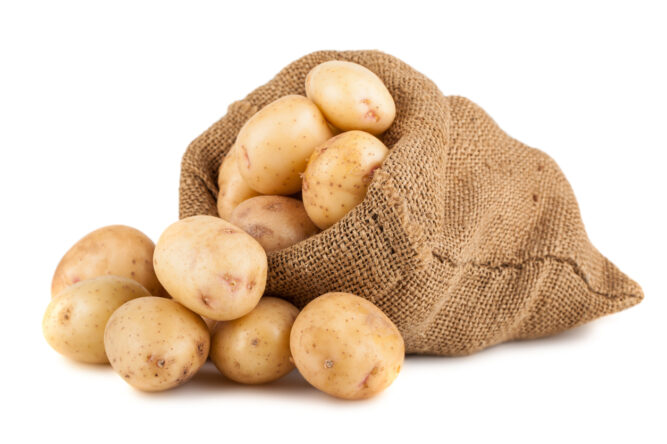
Uncooked potatoes stored in warm or moist environments can sprout or develop harmful toxins, especially if they start to turn green. They also shouldn’t be stored in the fridge—it affects both texture and taste. Keep them in a cool, dark, and dry place like a pantry, and toss any that look wrinkled, green, or overly sprouted. Those sketchy spuds can do more damage than you think if they’re ignored for too long.
10. Garlic in oil
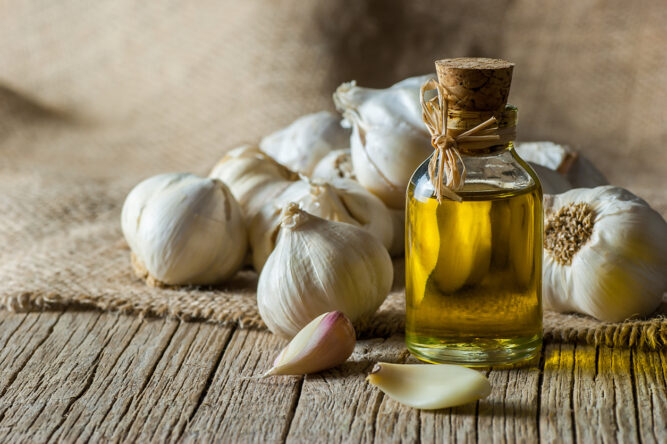
Homemade garlic oil might sound fancy, but storing fresh garlic in oil without proper preservation can lead to botulism—a rare but very serious form of food poisoning. The low-acid, low-oxygen combo is risky if unrefrigerated. If you’re making garlic oil, keep it in the fridge and use it within a week. Never store it at room temperature. It’s one of those food safety rules that gets overlooked but can have dangerous consequences.
11. Canned food after opening
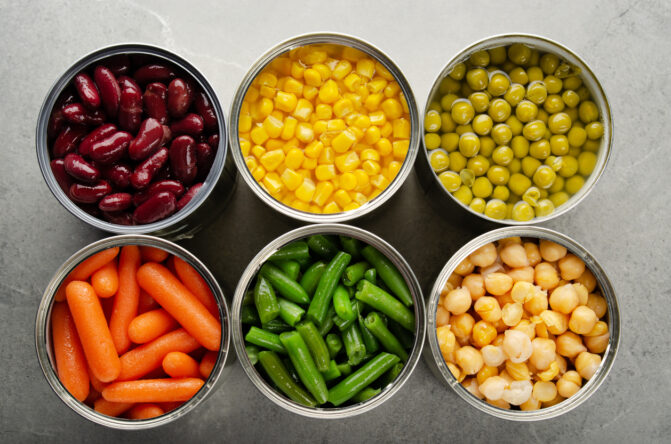
Once a can is open, the food inside becomes exposed to air and bacteria. Storing leftovers in the opened can, especially in the fridge, can lead to a metallic taste and faster spoilage. Always transfer leftovers to a sealed glass or plastic container and eat within a few days. Even “shelf stable” foods have limits once opened. Don’t trust that half-used tin to stay safe on its own.
12. Mayonnaise-based salads

Things like potato salad, coleslaw, or tuna salad can turn sketchy fast if left at room temperature for too long. Mayonnaise and protein-rich ingredients are a perfect playground for bacteria. Always keep them chilled until serving, and put them back in the fridge promptly after eating. If they’ve been out for more than two hours, especially at a BBQ or picnic, it’s safest to toss them, not risk them.




